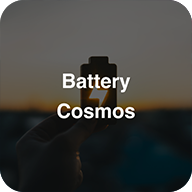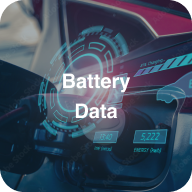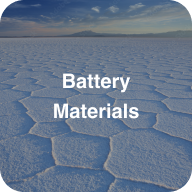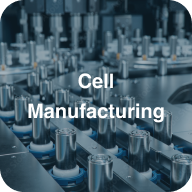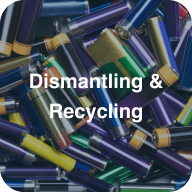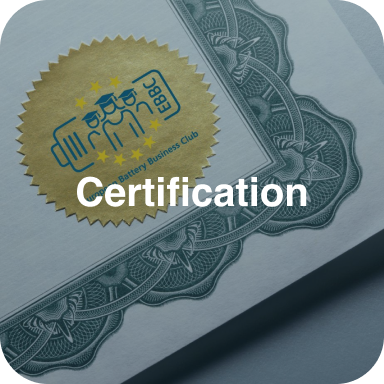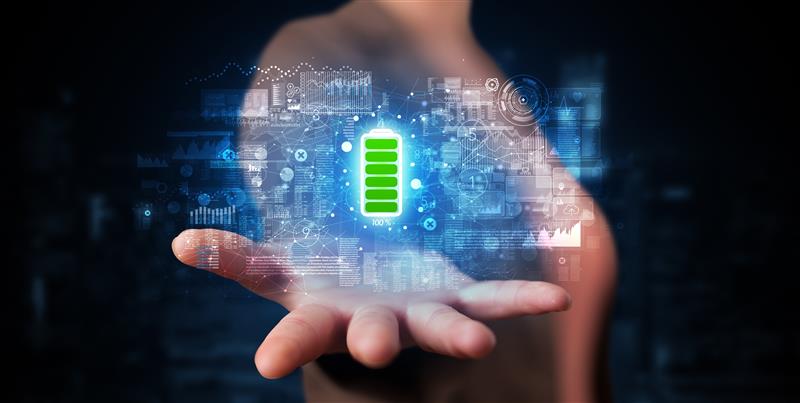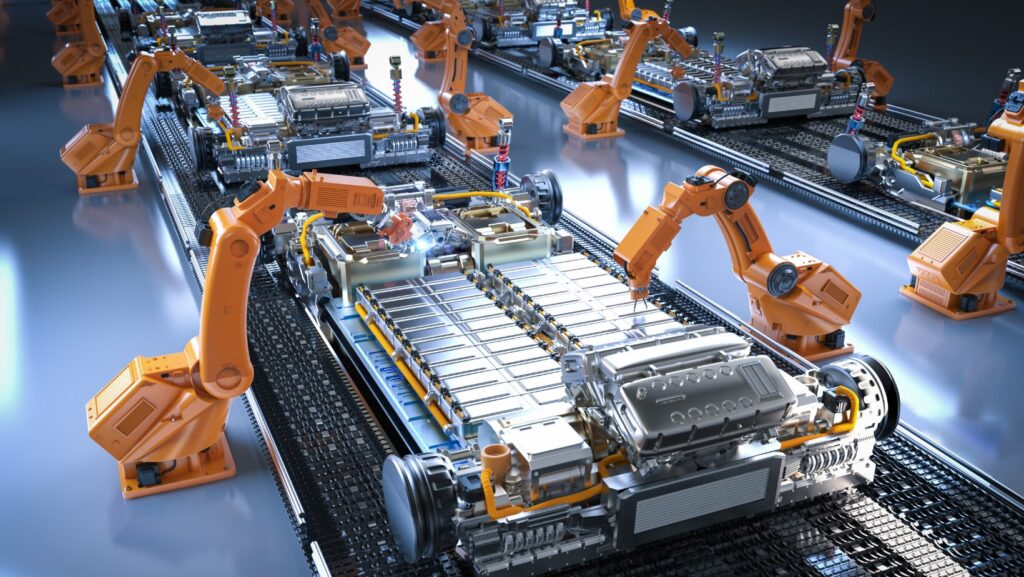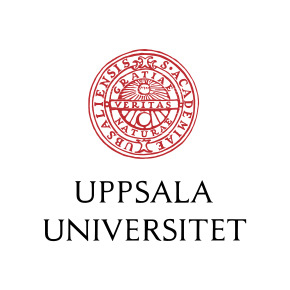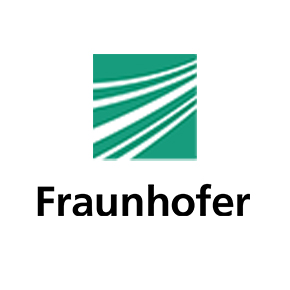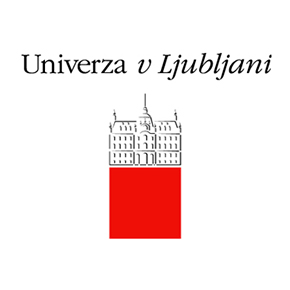Online Expert Talk: »From Road to Cloud: Real-World Insights on Lithium-Ion Battery Monitoring« | May 6th, 2025 from 2 pm – 3 pm
Battery Cosmos
In the first part of the introduction, you will learn all about the cosmos battery in which batteries are embedded – for example the value chain, economy, regulations and much more. The module covers a workload of approx. 10 hours. The learning content is taught online on our learning platform. This allows you to work on the course content whenever and wherever you want and as often as you want without time pressure.
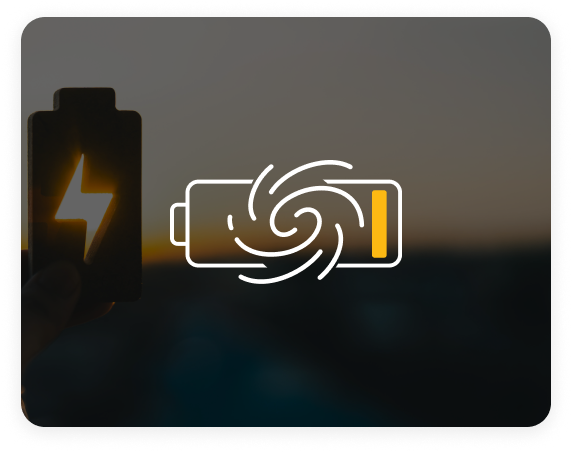
Topics:
- Introduction: The emerging battery economy
- Topic 1: Battery technology and market development
- Topic 2: Battery value chain and market structure
- Topic 3: Battery cost, component structure, and optimization potentials
- Topic 4: Battery regulation and policy – impacts
- Topic 5: Battery circular economy (incl recycling and alternative technologies)
- Summary: The challenges ahead
Learning objectives
After the cosmos battery module, participants will be able to:
Our experts
The experts in this module all come from The Fraunhofer Institute for Systems and Innovation Research ISI. The institute has been active in the field of battery technologies for over ten years. The technological focus of our battery activities is on lithium-ion batteries. However, also alternative battery chemistries and systems that could reach market maturity in the next few years are continuously monitored and analyzed.
Fraunhofer ISI’s research questions in the field of batteries range from the evaluation of research and development of new battery technologies in the laboratory to suitable funding strategies, technology commercialisation, industrial production, usage phase and finally end-of-life treatment.
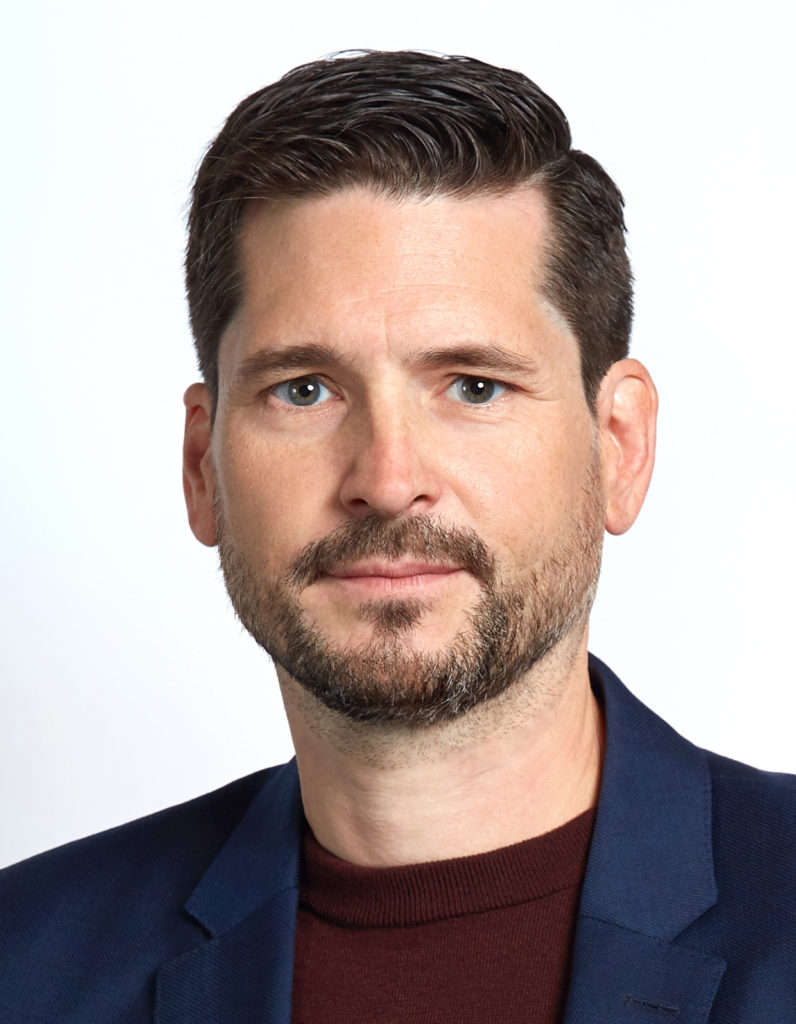
I delved deeper into the field, earning my Ph.D. at the Institute of Nanotechnology, University of Karlsruhe, where I specialized in nanotechnolgy in the field of molecular electronics. After my doctorate, I briefly worked as a patent engineer, bridging the gap between research and practical application.
Since 2007, my career has been anchored at the Fraunhofer Institute for Systems and Innovation Research ISI. Here, I’ve played a pivotal role in emerging technologies such as nanotechnology and battery technology research, leading projects and coordinating initiatives.
Currently, I’m at the forefront of battery technology supporting the German BMBF with accompanying research on battery technology development, as guest of the German Battery Research Advisory Board (Beirat Batterieforschung Deutschland), and as the co-lead of the Task Force “Education & Skills” in the Battery Europe Partnership Association BEPA. With my I intend to foster innovation and help shaping the future of these fields.
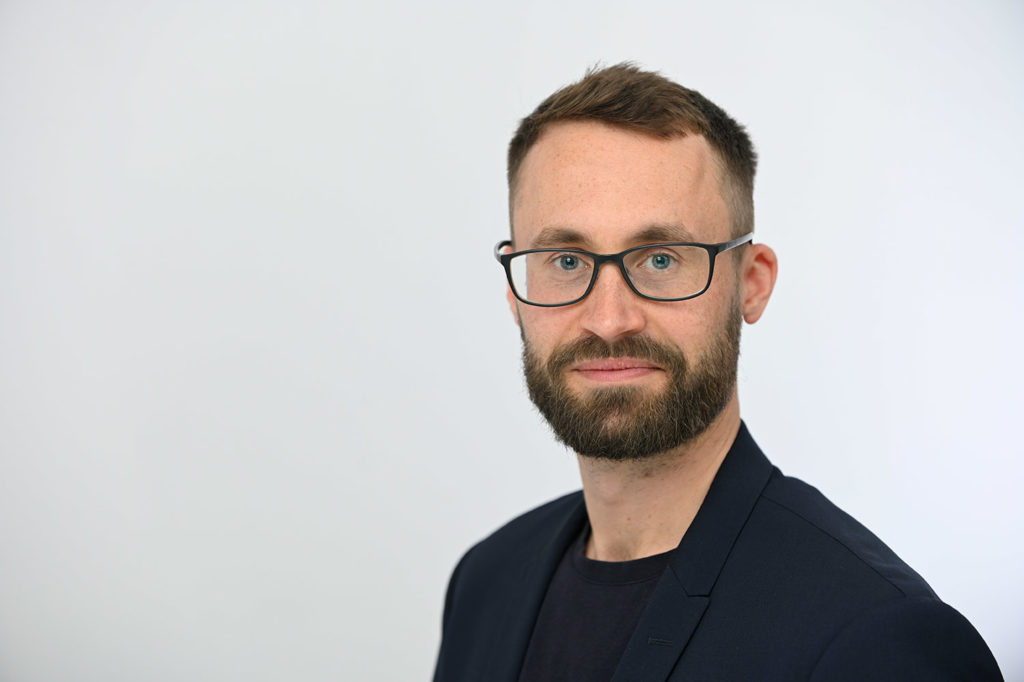
I am a senior scientist and project manager at Fraunhofer Institute for Systems and Innovation Research ISI where I am involved in research projects on the analysis of new technologies and emerging markets.
I did my PhD in the field of solid-state physics and Li-ion batteries. Specifically, I investigated how novel cathode materials such as Li(Mn,Fe)PO4 and LiCoPO4 can be synthesized and optimized for energy storage applications. During my post-doc, I managed the laboratory for synthesis and crystal growth at the Kirchhoff Institute for Physics in Heidelberg and oversaw research activities on the growth of mm-sized to nm-sized crystals.
At Fraunhofer ISI, I was able to continue my interest in battery research and have been working on the industrial implementation of new technologies ever since. One of my main focuses is still in the field of cathode materials, but I am now also privileged to work on the topics of battery cell production and battery recycling as well. I enjoy passing on the knowledge I have gained there in the context of industry and political consulting.
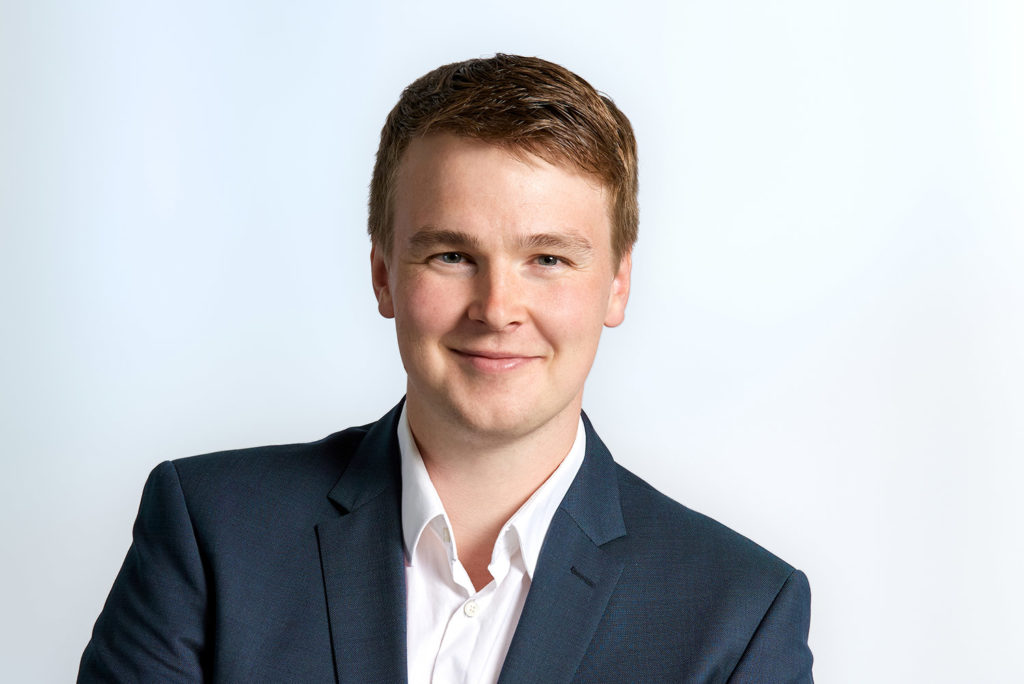
Hi, I’m Lukas Weymann, a physicist with a journey starting at Leibniz Universität Hannover, leading to a master’s at the Max Planck Institute for Gravitational Physics, where I researched gamma rays and pulsars. I then pursued a PhD in solid-state spectroscopy at the Vienna University of Technology, focusing on magnetoelectric materials.
Passionate about science communication, I’ve been editing the “5MinutenClimateChance” podcast since 2020, emphasizing climate change and sustainability. This commitment earned me the Austrian Environmental Journalism Award and the Austrian SDG Award in 2020.
Since May 2021, I’ve been at Fraunhofer ISI’s Competence Center for New Technologies, working on lithium-ion battery technology and analyzing market demands in energy storage and electric mobility. This role blends my scientific background with practical applications, addressing current technological challenges.
Lukas about EBBC (video) →
Lucas about his expertise (video) →
Read more about Lucas →
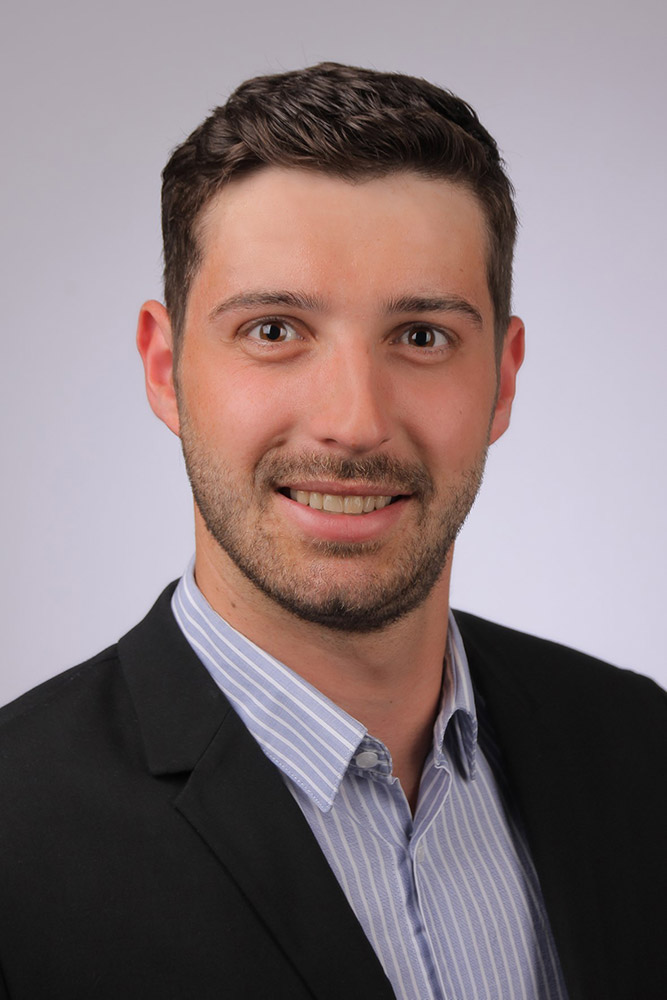
Hi, my name is Tim Wicke and I’m a process engineer from Karlsruhe. I started at Fraunhofer ISI’s Competence Center for Emerging Technologies in May 2021 as research associate and PhD candidate.
There in my day-to-day project work, I mainly deal with analyzing market demands and technical trends in energy storage and electric mobility. Next to that, my doctoral thesis is about a multi-criteria technology assessment of lithium-ion battery manufacturing plants.
Before my job as a scientist at Fraunhofer ISI, I studied at the Karlsruhe Institute of Technology. During my studies, I immersed myself in energy topics like fuel cells and batteries. As part of this I gained practical experience during internships at the Öko-Institut in Freiburg and the company Sunfire Fuel Cells in Neubrandenburg.
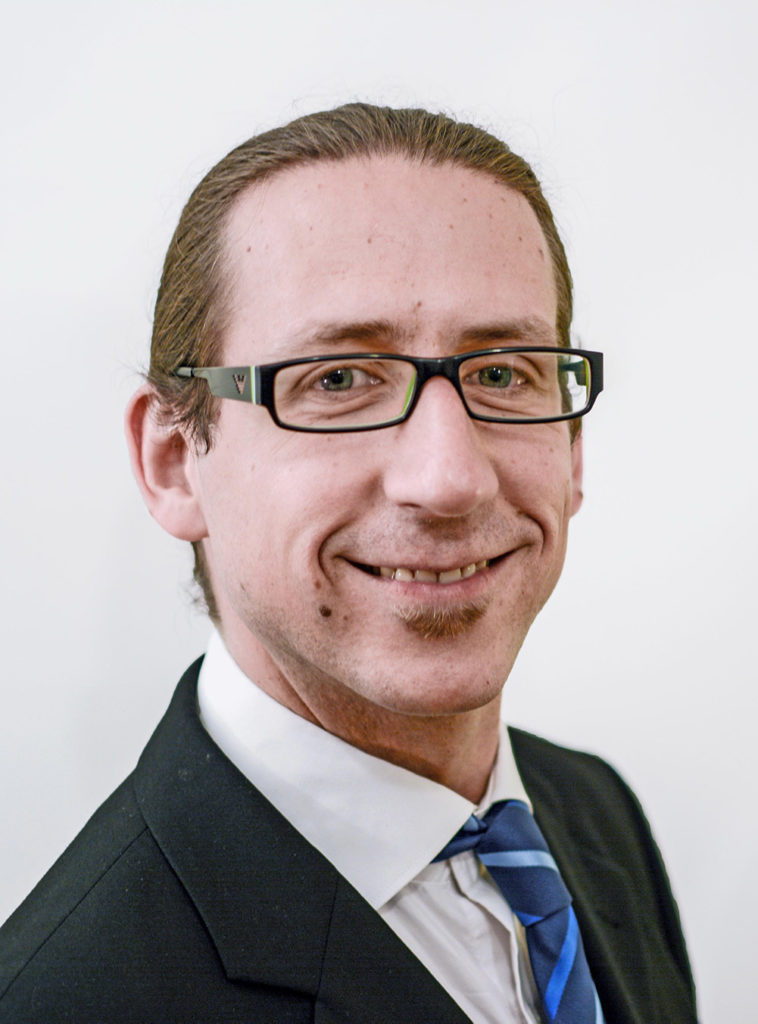
Hi, I’m Thomas Schmaltz, a materials scientist with a diploma from the Friedrich-Alexander-Universität Erlangen-Nürnberg (FAU). In my studies I focused on functional materials for energy applications and on polymer materials. During my PhD at the FAU, I investigated self-assembled organic materials in electronic devices.
Afterwards, I joined the École Polytechnique Fédérale de Lausanne (EPFL) in Switzerland as a postdoctoral researcher. Besides from academic research, I was heavily involved in teaching activities.
In 2018, I joined the Fraunhofer Institute for Systems and Innovation Research ISI. At the ISI, I am investigating and analyzing scientific-technical developments and application scenarios of emerging technologies in the fields of microelectronics, quantum technologies, battery technologies and materials science.
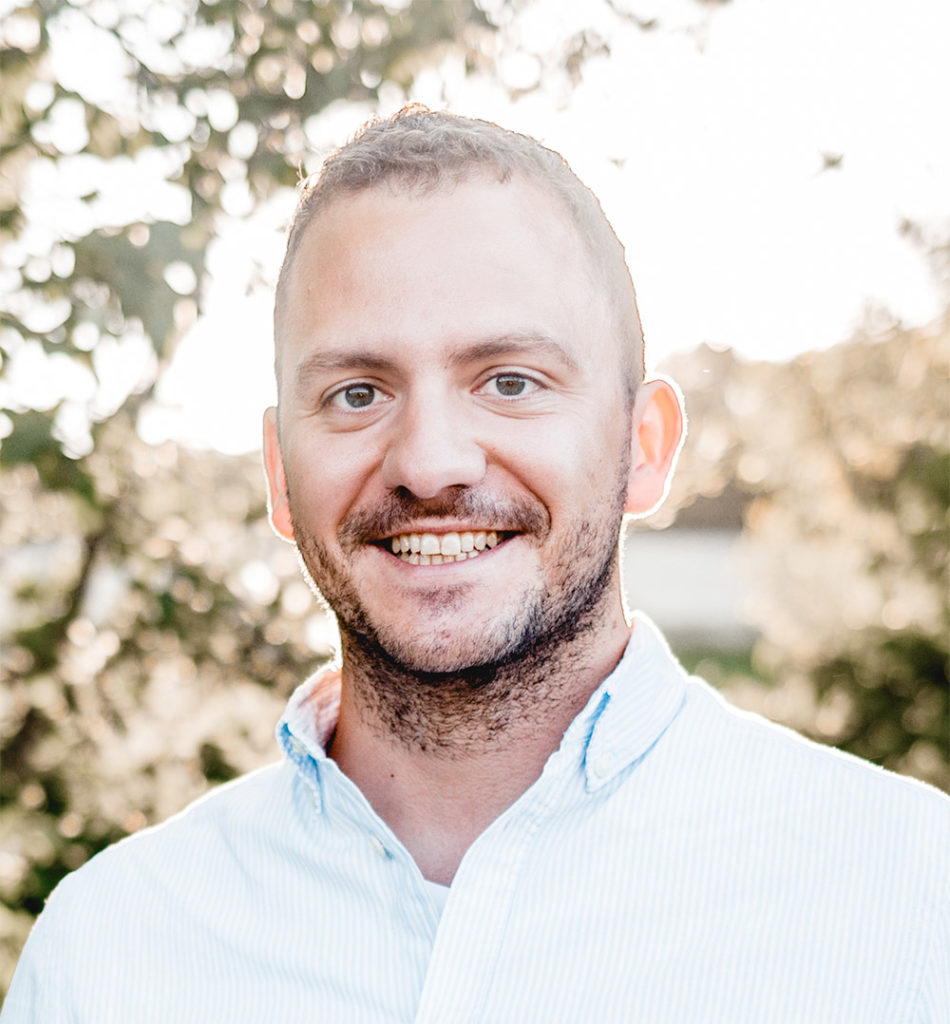
Hi, I’m Maximilian Stephan. My academic background is in Economics at the Ruprecht Karl University of Heidelberg and Business Administration and Engineering at the University of Applied Sciences in Pforzheim and Karlsruhe, the latter of which I graduated with a Master’s degree in 2021. During my studies, I gained industrial experience in the automotive sector and started my academic journey as a student assistant at the Fraunhofer Institute for Systems and Innovation Research ISI in 2020.
I delved deeper into the field of battery technology research, battery (application) markets and battery value chain analysis and have been working as a research associate in this field since December 2021. My intented PhD thesis deals with the multi-criteria assessment of emerging battery technologies for sustainable battery value chains.

I delved deeper into the field, earning my Ph.D. at the Institute of Nanotechnology, University of Karlsruhe, where I specialized in nanotechnolgy in the field of molecular electronics. After my doctorate, I briefly worked as a patent engineer, bridging the gap between research and practical application.
Since 2007, my career has been anchored at the Fraunhofer Institute for Systems and Innovation Research ISI. Here, I’ve played a pivotal role in emerging technologies such as nanotechnology and battery technology research, leading projects and coordinating initiatives.
Currently, I’m at the forefront of battery technology supporting the German BMBF with accompanying research on battery technology development, as guest of the German Battery Research Advisory Board (Beirat Batterieforschung Deutschland), and as the co-lead of the Task Force “Education & Skills” in the Battery Europe Partnership Association BEPA. With my I intend to foster innovation and help shaping the future of these fields.

I am a senior scientist and project manager at Fraunhofer Institute for Systems and Innovation Research ISI where I am involved in research projects on the analysis of new technologies and emerging markets.
I did my PhD in the field of solid-state physics and Li-ion batteries. Specifically, I investigated how novel cathode materials such as Li(Mn,Fe)PO4 and LiCoPO4 can be synthesized and optimized for energy storage applications. During my post-doc, I managed the laboratory for synthesis and crystal growth at the Kirchhoff Institute for Physics in Heidelberg and oversaw research activities on the growth of mm-sized to nm-sized crystals.
At Fraunhofer ISI, I was able to continue my interest in battery research and have been working on the industrial implementation of new technologies ever since. One of my main focuses is still in the field of cathode materials, but I am now also privileged to work on the topics of battery cell production and battery recycling as well. I enjoy passing on the knowledge I have gained there in the context of industry and political consulting.

Hi, I’m Thomas Schmaltz, a materials scientist with a diploma from the Friedrich-Alexander-Universität Erlangen-Nürnberg (FAU). In my studies I focused on functional materials for energy applications and on polymer materials. During my PhD at the FAU, I investigated self-assembled organic materials in electronic devices.
Afterwards, I joined the École Polytechnique Fédérale de Lausanne (EPFL) in Switzerland as a postdoctoral researcher. Besides from academic research, I was heavily involved in teaching activities.
In 2018, I joined the Fraunhofer Institute for Systems and Innovation Research ISI. At the ISI, I am investigating and analyzing scientific-technical developments and application scenarios of emerging technologies in the fields of microelectronics, quantum technologies, battery technologies and materials science.

Hi, I’m Lukas Weymann, a physicist with a journey starting at Leibniz Universität Hannover, leading to a master’s at the Max Planck Institute for Gravitational Physics, where I researched gamma rays and pulsars. I then pursued a PhD in solid-state spectroscopy at the Vienna University of Technology, focusing on magnetoelectric materials.
Passionate about science communication, I’ve been editing the “5MinutenClimateChance” podcast since 2020, emphasizing climate change and sustainability. This commitment earned me the Austrian Environmental Journalism Award and the Austrian SDG Award in 2020.
Since May 2021, I’ve been at Fraunhofer ISI’s Competence Center for New Technologies, working on lithium-ion battery technology and analyzing market demands in energy storage and electric mobility. This role blends my scientific background with practical applications, addressing current technological challenges.
Lukas about EBBC (video) →
Lucas about his expertise (video) →
Read more about Lucas →

Hi, my name is Tim Wicke and I’m a process engineer from Karlsruhe. I started at Fraunhofer ISI’s Competence Center for Emerging Technologies in May 2021 as research associate and PhD candidate.
There in my day-to-day project work, I mainly deal with analyzing market demands and technical trends in energy storage and electric mobility. Next to that, my doctoral thesis is about a multi-criteria technology assessment of lithium-ion battery manufacturing plants.
Before my job as a scientist at Fraunhofer ISI, I studied at the Karlsruhe Institute of Technology. During my studies, I immersed myself in energy topics like fuel cells and batteries. As part of this I gained practical experience during internships at the Öko-Institut in Freiburg and the company Sunfire Fuel Cells in Neubrandenburg.

Hi, I’m Maximilian Stephan. My academic background is in Economics at the Ruprecht Karl University of Heidelberg and Business Administration and Engineering at the University of Applied Sciences in Pforzheim and Karlsruhe, the latter of which I graduated with a Master’s degree in 2021. During my studies, I gained industrial experience in the automotive sector and started my academic journey as a student assistant at the Fraunhofer Institute for Systems and Innovation Research ISI in 2020.
I delved deeper into the field of battery technology research, battery (application) markets and battery value chain analysis and have been working as a research associate in this field since December 2021. My intented PhD thesis deals with the multi-criteria assessment of emerging battery technologies for sustainable battery value chains.
